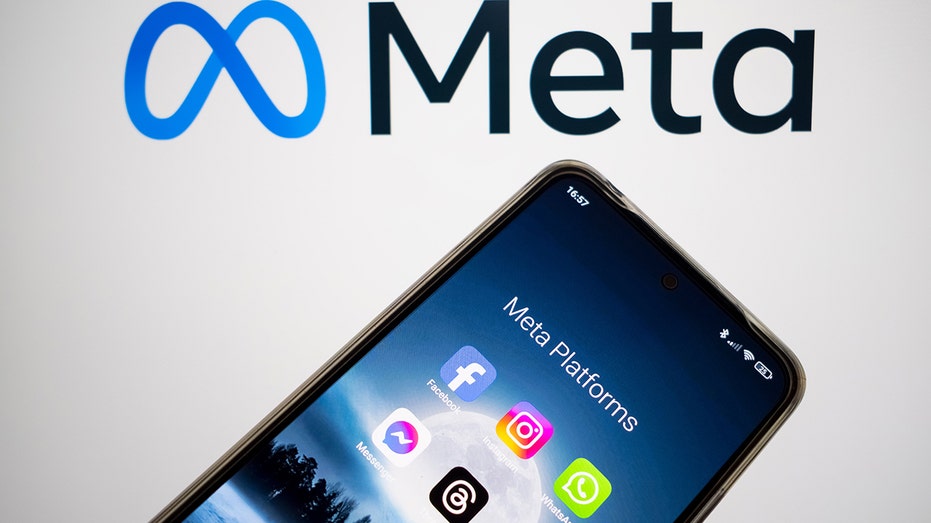📰 Woman uses Neuralink to write name with her mind

Audrey Crews, a participant in Neuralink’s PRIME Study, used a brain chip implanted in her motor cortex to write her name for the first time in over 20 years, showcasing the power of noninvasive brain technology. The chip allows her to move a cursor and type using only her thoughts, providing her with digital autonomy. Despite not restoring movement, the chip’s capabilities stunned millions online and earned praise from Elon Musk. Neuralink’s goal is to help people with neurological conditions connect with the digital world through brain-computer interfaces that enable control of devices using thoughts. Crews’ achievement highlights the potential of thought-controlled computing and the transformative impact it can have on individuals with paralysis.
📰 Fox News AI Newsletter: Your own personal ‘superintelligence’

Meta CEO Mark Zuckerberg announced a new focus on developing personal superintelligence for everyone, aiming to enhance creative and leisurely pursuits. Nvidia denied allegations of “backdoors” in its chips, addressing security concerns raised by China regarding the H20 artificial intelligence chip. Microsoft reached a $4 trillion market cap, joining Nvidia as the only two companies at this level. The Trump administration’s DOGE developed an AI tool to review federal regulations for potential elimination. Concerns about the safety of advanced robotics were raised by a viral video showing a Unitree H1 humanoid robot malfunctioning during a test.
📰 Meta adds teen safety features to Instagram, Facebook

The article discusses the growing concern over the online safety of children due to the rise of social media use. Meta has introduced new features on Facebook and Instagram to protect teens from predators. These features include tools to identify and report suspicious accounts, safety tips for messaging, and AI-powered age detection. Meta has also made algorithm changes to reduce the visibility of content that may attract predators. The company has removed over 600,000 accounts for predatory behavior, demonstrating its commitment to safeguarding children online. The article emphasizes the importance of parents staying informed about their teens’ online activities and engaging in conversations about online safety.
📰 Facebook crypto ads lead to dangerous malware scams

The article discusses how Facebook’s user data is exploited by malicious actors through a malvertising campaign targeting cryptocurrency enthusiasts. The attackers create fake ads imitating popular brands and personalities to lure victims into downloading malware disguised as desktop clients. The sophisticated attack includes setting up silent servers on victims’ devices to receive malicious instructions, making detection challenging for traditional security tools. The scammers use advanced filtering and tracking tools to avoid detection and even block access from certain browsers. The article emphasizes the importance of staying vigilant against such scams, recommending measures like visiting official websites directly, using strong antivirus software, and being cautious of emotional pressure tactics used by scammers.
📰 IPhone notes trick lets you message in secret

The article discusses using the Notes app on an iPhone as a discreet messaging tool for private conversations. By creating a note, adding a collaborator, and exchanging messages within the app, users can have secret chats without the need for a separate messaging app. Both parties need updated iPhones for this method to work. The process allows for instant messaging without a send button, with edits visible as they are typed. Users can easily end the conversation by stopping sharing the note, ensuring privacy. This method leverages the existing features of the iPhone to facilitate secure and inconspicuous communication.
0개의 댓글